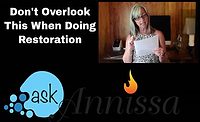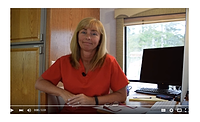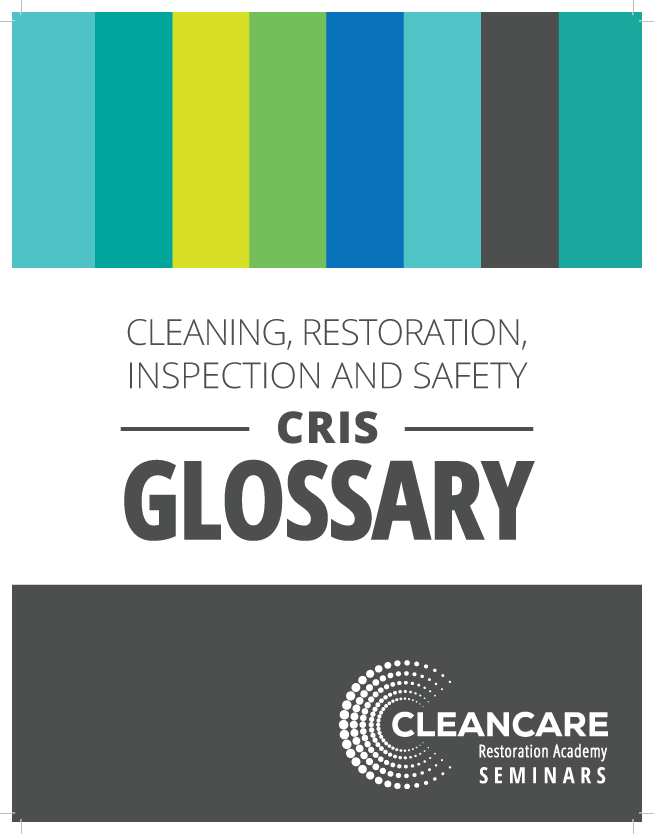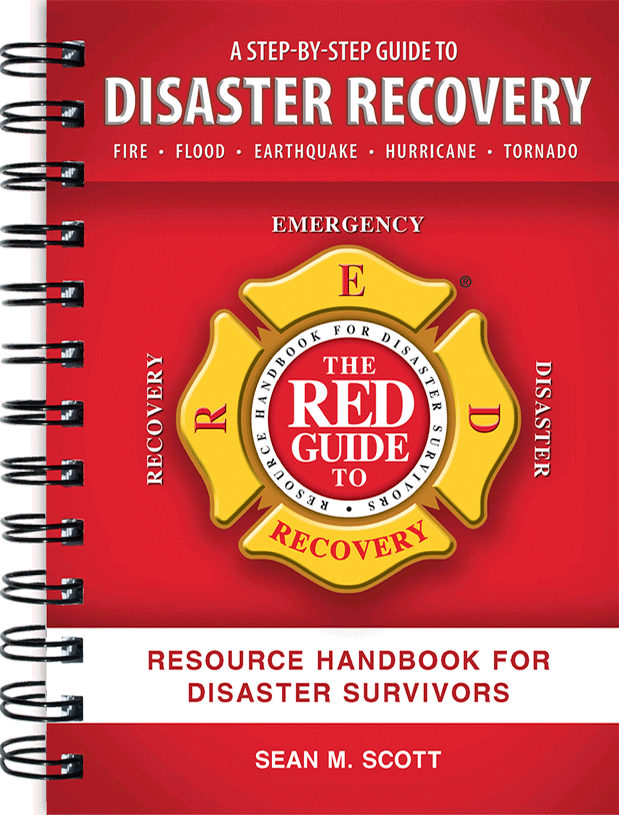Contents Corner: The 3 Biggest Mistakes Restoration Companies Make When Doing Contents Restoration

Photo credit: koldunova/iStock/Getty Images Plus via Getty Images
Contents restoration is one of the most lucrative and rewarding services you can offer in the industry. And yet it is one of the most overlooked and underserved profit centers.
When it comes to fire restoration most companies think the big money is in the reconstruction side of the loss; probably because the repair invoices are so big. But that’s just the gross, not the net. The profit margins are some of the lowest in the industry and most would agree that this is also where most of the headaches come from.
On the other hand, the contents part of the claim has two to three times the net profit margins and can be completed in a fraction of the time it takes to rebuild a house.
So why is this part of the industry so underserved?
I believe it’s because restoration companies go about getting into contents without a good understanding of exactly what it will take to be successful. And wind up throwing in the towel before they even get started out of frustration.
My hope is to eliminate some of that frustration not by telling you what to do, but, more importantly, telling you what not to do. It’s what you don’t know you don’t know that can stop you from being successful at restorative cleaning.
Let’s talk about the three biggest mistakes you can make when adding contents restoration to your business.
1. Buying Equipment Before Training
So many companies call me for training after they have spent $50,000 to $100,000 for equipment and built a contents cleaning center, only to discover that a lot of the equipment they don’t need or isn’t right.
It is really important to understand what it takes to be productive and efficient on each aspect of the job, from client onboarding to inventory to cleaning, as well as pack-out and pack-back. Each process has specific equipment and software. The only way to fully understand each process is to get training.
The right training will not only give you the technical aspects of how to actually do the restorative cleaning; it will also give you the systems and procedures to be able to get the job done from A to Z.
Having a thorough understanding of the nuances involved in contents claims processing is vital to your success. And the only way to get that is to get training from someone who has experience with actually doing the work and processing jobs.
Then you will have a clear concept of what equipment you actually need and a good understanding of what your contents cleaning center layout should be for good productivity and efficiency.
2. Not Giving the Contents Division the Same Attention and Commitment As the Rest of Your Restoration Business
Too many times I see companies pack-out a house only to store it in their warehouse for months before it is cleaned and restorable inventory is given to the client. Sometimes the cleaning process is done a little at time when things are slow and employees need something to do.
Or maybe only one or two part-time employees work on cleaning the contents, which can take several weeks to complete a job.
Not only is this inefficient, but it can cause a lot of secondary damage resulting in items that could have been restored that are now put on the non-salvage list. This also causes a lot of client stress, which translates to a very unhappy client.
Look; I understand if you are just getting your contents division off the ground you may not be able to keep four or five full-time employees on staff, and that’s ok. There is nothing wrong with having part-time or even your own temporary labor pool to help you process a job when it comes in.
However you will need at least one full-time, dedicated contents division project manager (PM) or lead specialist if you want to be successful. This person should be on the job from day one and every single day until the job is completed. Your PM or lead handling all aspects on each job from A to Z is how you have consistency, efficiency and quality control.
3. Doing It for the Wrong Reasons
Restorative cleaning is a great addition to your business with good profit margins. And let’s face it; we are all in business to make money. And there is nothing wrong with making money.
Your desire to help your community and help people put their lives back together has to be your driving force.
However, if your sole purpose for getting into contents restoration is to make money, you won’t be successful.
Your desire to help your community and help people put their lives back together has to be your driving force. Fire is very devastating and can be scary.
A lot of the personal items we have in our homes are sentimental. They are our memories in physical form. And we equate our memories with the life we have lived.
I like to call this the humanity factor.
People feel violated when they experience a fire in their home. It is an ugly, unwanted and an uninvited invasion of their personal place of rest and safety.
They need a company who is there to help them and guide them through this experience that they have no idea how to navigate. They are feeling overwhelmed and have no idea what needs to be done to put their life back together.
All they do know is they need someone who does. They need to know that everything is going to be OK and go back to normal again. They need someone they can trust and rely on every step of the way.
Someone who is in it for just the profits isn’t going to be able to deliver on those needs.
Other than maybe being an ER doctor, there is no greater way to serve others in their time of need than helping them through a fire that has ravaged their home.
Get more tips on managing your restoration business
If you set yourself up from the beginning with good training, the right equipment and an efficient process that allows your team to help clients through the emotional roller coaster of a fire, you will find contents cleaning to be the most rewarding and lucrative part of your restoration business.
Looking for a reprint of this article?
From high-res PDFs to custom plaques, order your copy today!









